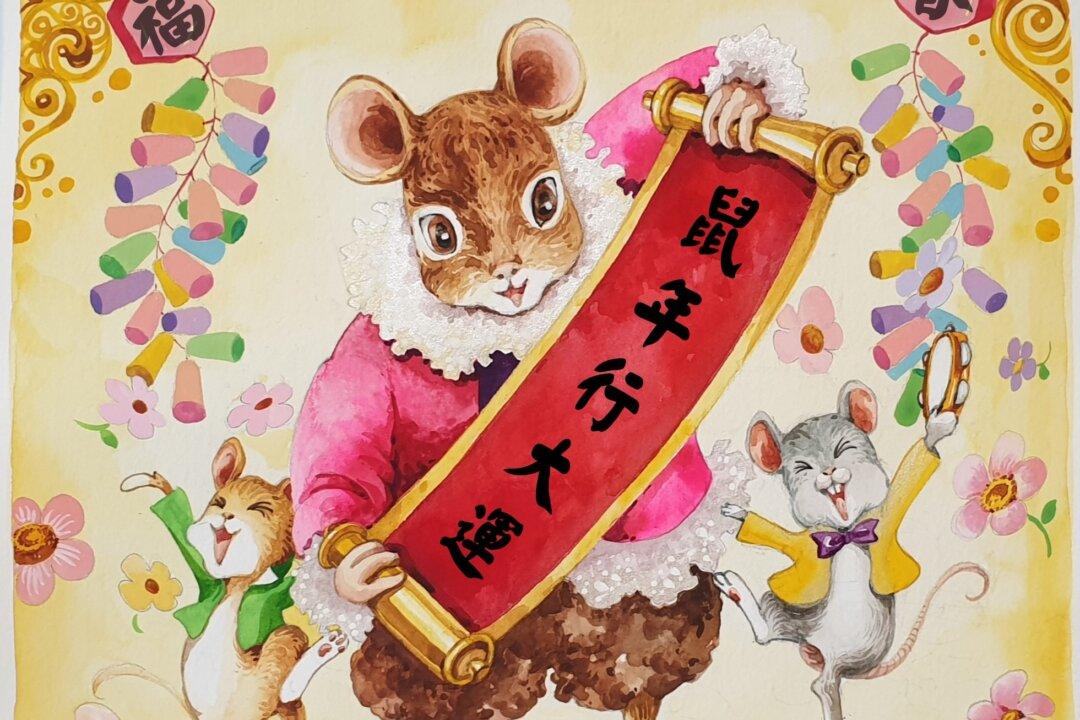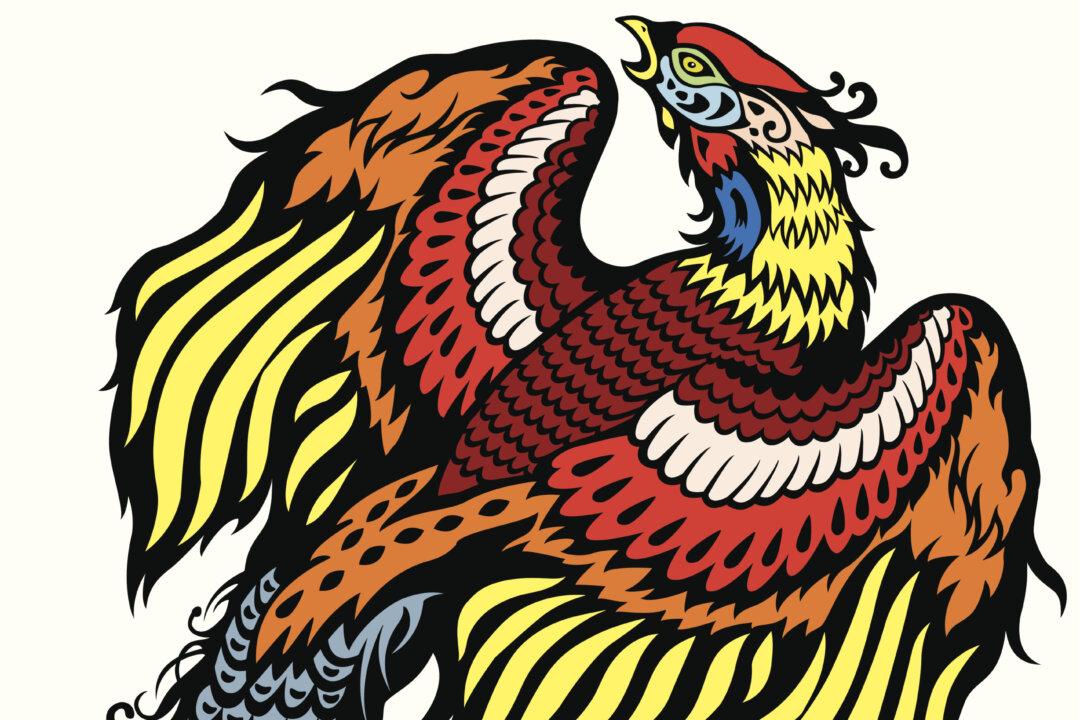The rhinoceros horn was an imperial treasure, yet it might just be exactly the ingredient needed to cure the plague. So, amid the fearful disease raging across the capital city, Emperor Renzong didn’t give a second thought to ordering that his prized possession be crushed and made into medicine in hopes of saving his people.
This event occurred about 1,000 years ago in the Song Dynasty (960–1279) in ancient China. In the middle of the 11th century, the country was hit by epidemics one after another over a period of many years.





